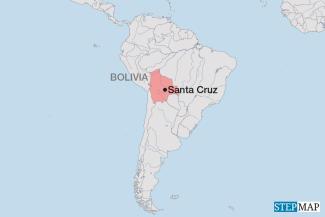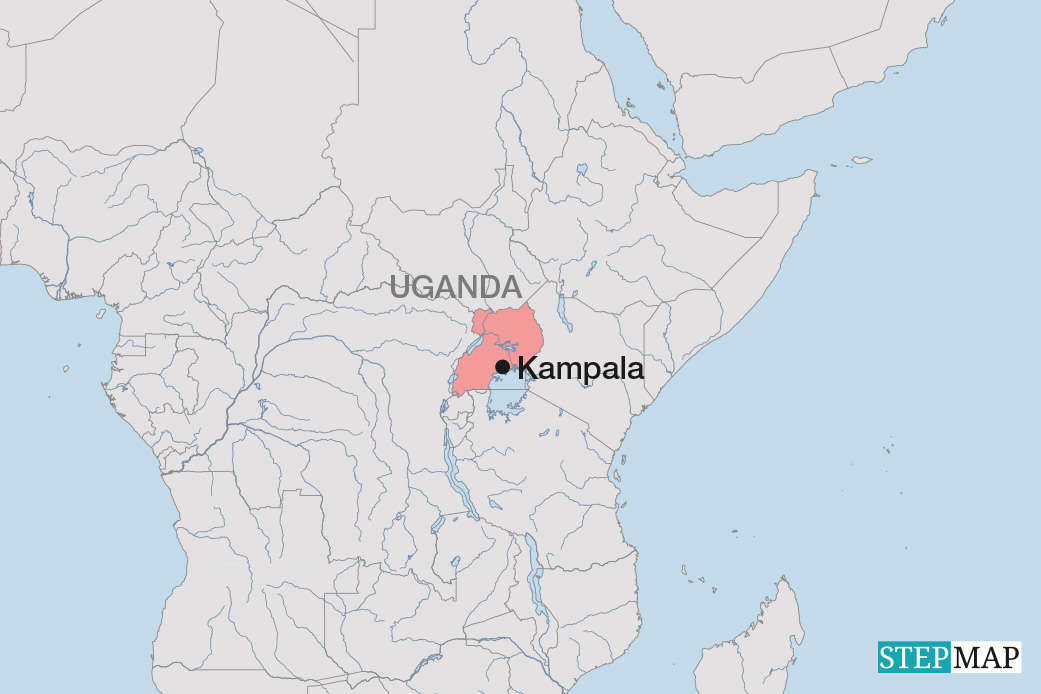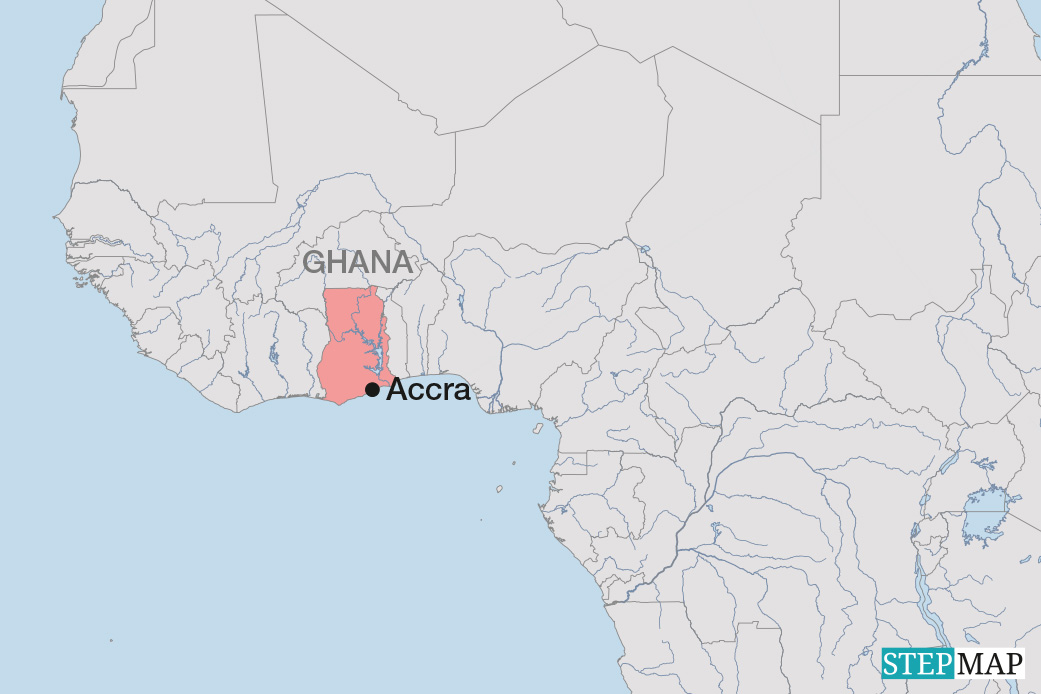Animal protection
New home for tortured animals in Bolivia

I am standing in the small kitchen that belongs to the “kindergarten”, chopping up fruit and vegetables. The bowl for the Toucans is done already. They get the smallest pieces, even though they have the biggest beaks, and everything must be peeled. The kindergarten is the place where the younger animals are being raised and the newcomers are being kept in quarantine. One of the spider-monkeys, Martina, is still very young and is now being raised by one of the older peers. Martina is very lucky. The baby monkeys still need a lot of love and attention. Most of them are orphans because their mothers were shot to death.
The Afasi site about 40 kilometres north of Bolivia’s largest city, Santa Cruz, is 45 hectares in size and home to around 320 wild animals. Afasi stands for “Amigos de la Fauna Silvestre”, translated: Friends of the Wild Animals. The foundation was established 2009 by Urs Büchler from Switzerland.
Afasi is home to various species of monkeys and birds, wild boars, coatis, almost 200 tortoises and a few wildcats. All the animals taken in here were illegally kept as pets and confiscated by a state organisation. Sadly, animal smuggling is a serious problem in Bolivia.
Almost every animal at Afasi has a horrible backstory. There is a cougar that used to be the pet of an alcoholic and was traded for a bottle of liquor. Or a monkey that was held by a couple because they could not have children. An ocelot had to spent 15 years of his life in a cage barely bigger than itself.
I spend a month at Afasi, and most of the time there is only one other volunteer: Simon from Germany. We live in one of the huts on the compound. It is unusually cold for this time of year, and we are wearing our warmest clothes. The terrace we are sitting on is completely fenced, because the free-roaming capuchin monkeys can get very dangerous. The concept of Afasi: The animals are free, the humans behind bars.
Simon, who graduated from high school at the beginning of this year, wants to study zoology. “That’s why I wanted to work with animals,” he says. “Moreover, nature is very special here.” The most beautiful moments for the 19-year-old are when an animal gains trust in him and stops being scared.
Unfortunately, money is short, and Afasi is struggling to make ends meet. Everything looks a bit shabby, there are only very few employees and no own vet, who is needed urgently. But thanks to a fundraising campaign organised by a former volunteer from Switzerland, a new enclosure for the cougars is currently being built.
There, the four cats will be able to have a lot more outlet and live in a manner nearly appropriate for their species. In the future, Afasi wants to offer guided tours for tourists to earn some extra money. The large compound is not completely being used yet, but all the space will be in use sooner or later, as there are more and more animals moving in. Only a small number of them can be released into the wild again, because they are too accustomed to humans and would not survive in the wild.
Sinikka Dombrowski is a high school graduate and until recently lived with her family in Sucre, Bolivia.
sinikka.soriya.dombrowski@protonmail.com













